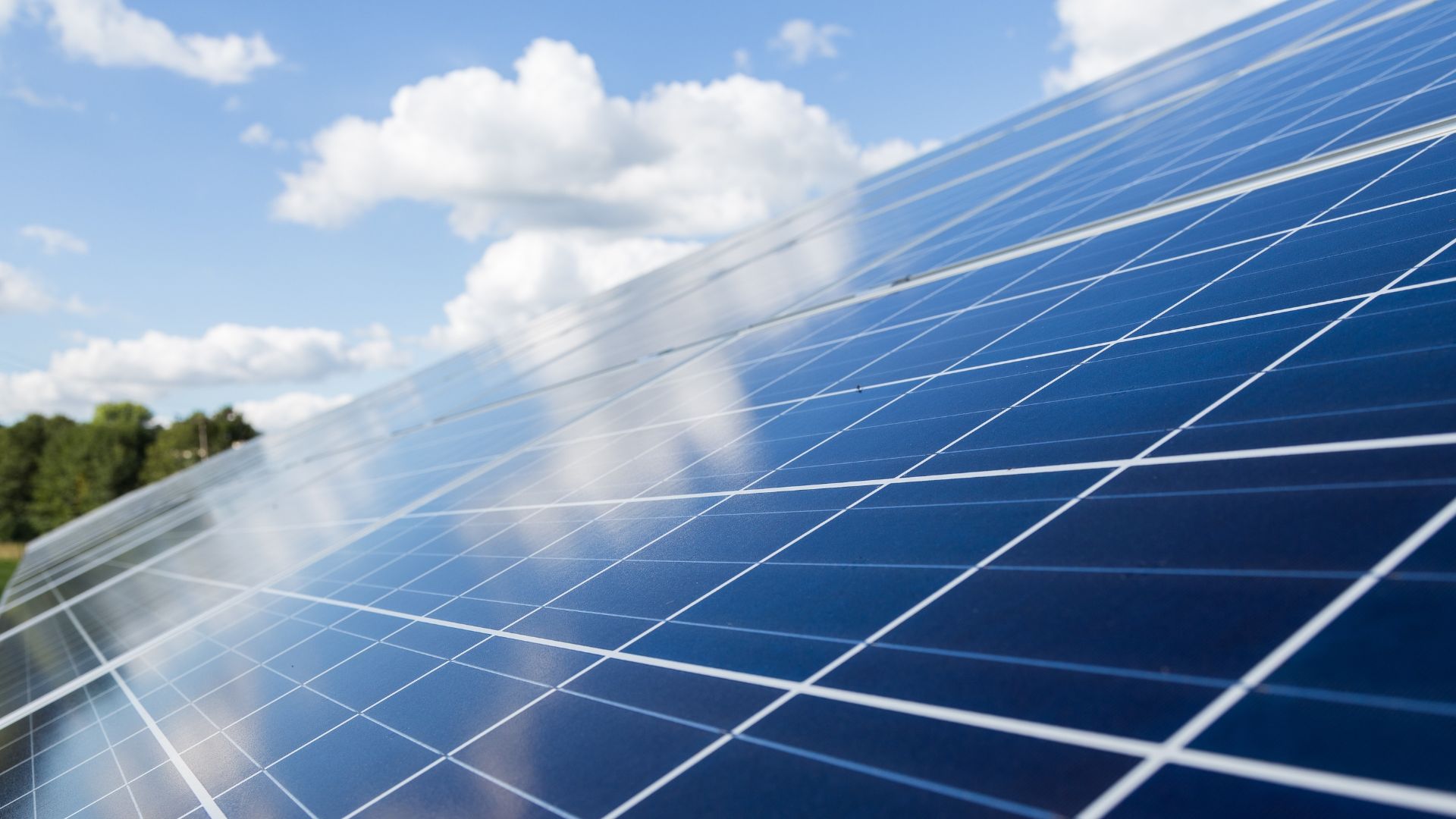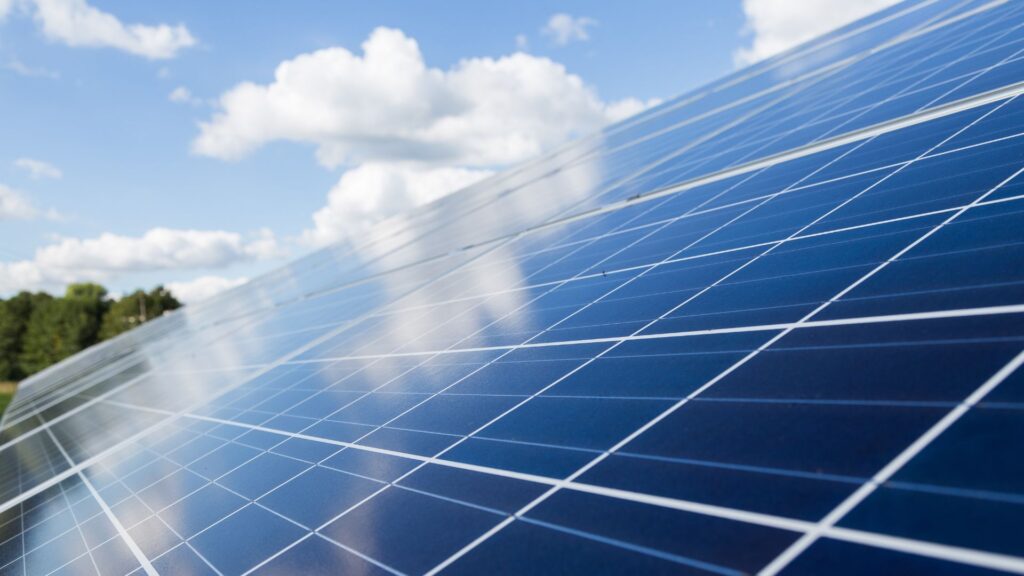
07 Feb Government to Boost Rooftop Solar Adoption with Increased Subsidy under Pradhan Mantri Suryoday Yojana

New Delhi: The Indian government, aiming to accelerate the adoption of solar energy across the nation, has announced a substantial increase in subsidy rates for rooftop solar installations under the proposed Pradhan Mantri Suryoday Yojana. Union Minister for New and Renewable Energy, RK Singh, revealed that the subsidy will be raised to 60%, up from the existing rate of 40%.
Singh emphasized that the Suryoday scheme will primarily target consumers with a consumption of less than 300 units, typically including economically disadvantaged sections of society. Recognizing the challenges faced by such consumers in accessing loans, Singh highlighted the intention to enhance the subsidy to 60%, with an increased rate of 70% for northeastern and hilly states.
Explaining the financing mechanism, Singh detailed that the remaining 40% of the installation cost will be covered through a loan facilitated by a Special Purpose Vehicle (SPV) established by the designated central public sector enterprise for each state. The SPVs will manage the loans, and surplus power generated will be utilized to repay the loan over a period of up to 10 years.
Upon completion of the loan tenure, households will assume ownership of the rooftop solar infrastructure, enabling them to sell any surplus power directly to distribution companies (discoms). Singh highlighted that the cost of installing one kilowatt (KW) of solar rooftop systems is approximately ₹50,000, yielding an average of 120 units per month.
Under the scheme, households will receive the benefit of 300 free units per month, with any excess units accruing to them after the loan repayment period. The scheme aims to empower households by transferring ownership of the solar infrastructure to them while providing substantial cost savings.
The announcement aligns with the interim budget presentation for FY25, where Union Finance Minister Nirmala Sitharaman projected significant annual savings of ₹15,000 to ₹18,000 for 10 million beneficiaries through the generation of 300 units of free power from rooftop solar installations.
The Rural Electrification Corporation (REC), a state-run entity, has been appointed as the implementing agency for the scheme, with plans to provide loans totaling up to ₹1.2 trillion for rooftop solar panel installations. This initiative seeks to accelerate the deployment of rooftop solar systems in India, addressing the shortfall in achieving solar installation targets.
As per the Ministry of New & Renewable Energy, the current grid-connected solar rooftop capacity stands at 11.08 GW out of the total solar capacity of 72.31 GW, underscoring the need for concerted efforts to expand rooftop solar adoption across the country.


No Comments